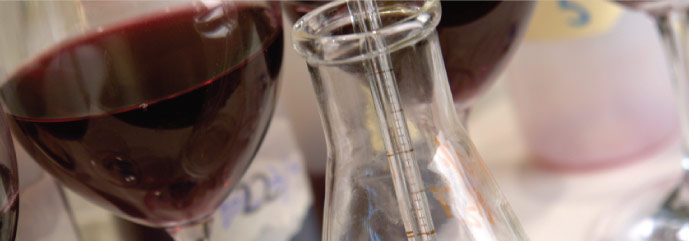About Hydrogen Sulfide
Hydrogen sulfide (H2S) is a well-known contaminant found in some concentration in every wine, beer or other yeast-fermented beverage. H2S contamination occurs naturally as a byproduct of conventional yeast fermentation. A significant percentage of all wine fermentations may be so heavily tainted with this contaminant that a noxious odor – reminiscent of “rotten eggs” – is unmistakable, necessitating remediation.
The costs associated with remediation of wines contaminated with high concentrations of H2S, (achieved through labor-intensive measures such as aeration or the introduction of copper sulphate) can, in some instances, include significant impacts on the wine’s quality and pricing while also requiring the winemaker’s extra involvement and attention to the process.
Rather than wasting valuable resources on unnecessary remediation, progressive winemakers are taking the preventive (and much more cost-effective) approach of using our H2S-preventing yeasts to eliminate the formation of H2S altogether. The economics of using our yeasts are compelling: priced in the range of other premium wine yeasts currently on the market, our yeasts prevent H2S formation, and thus improve quality at no extra cost.
